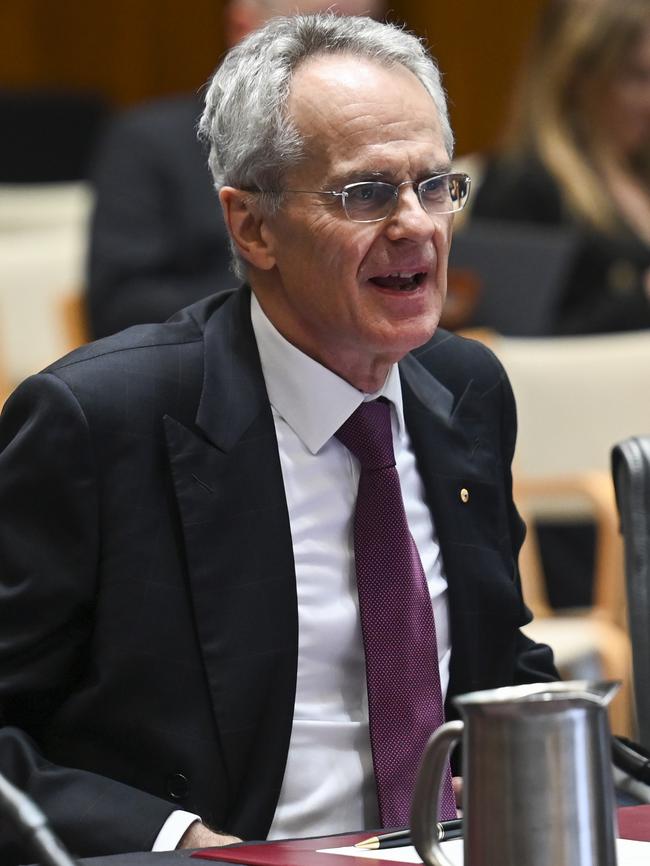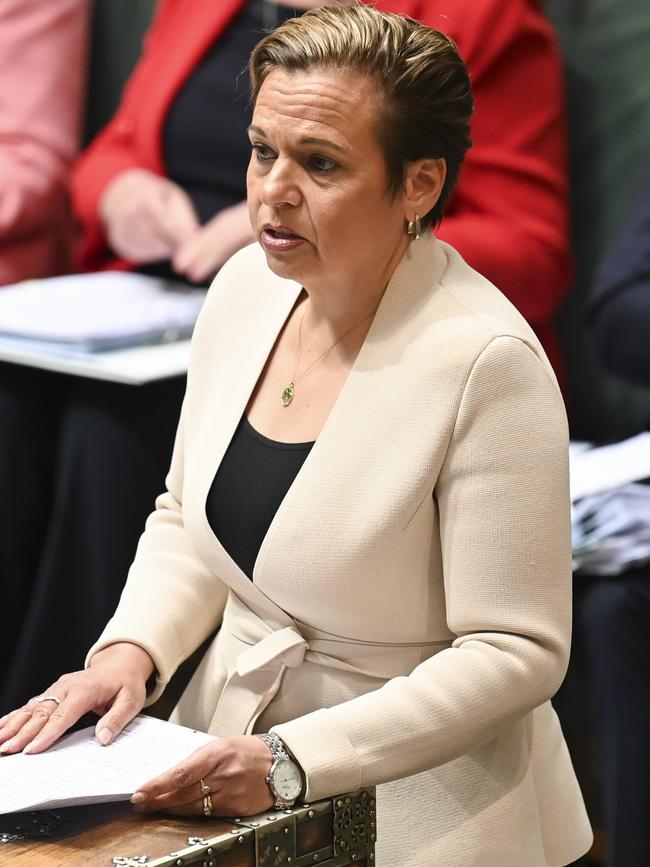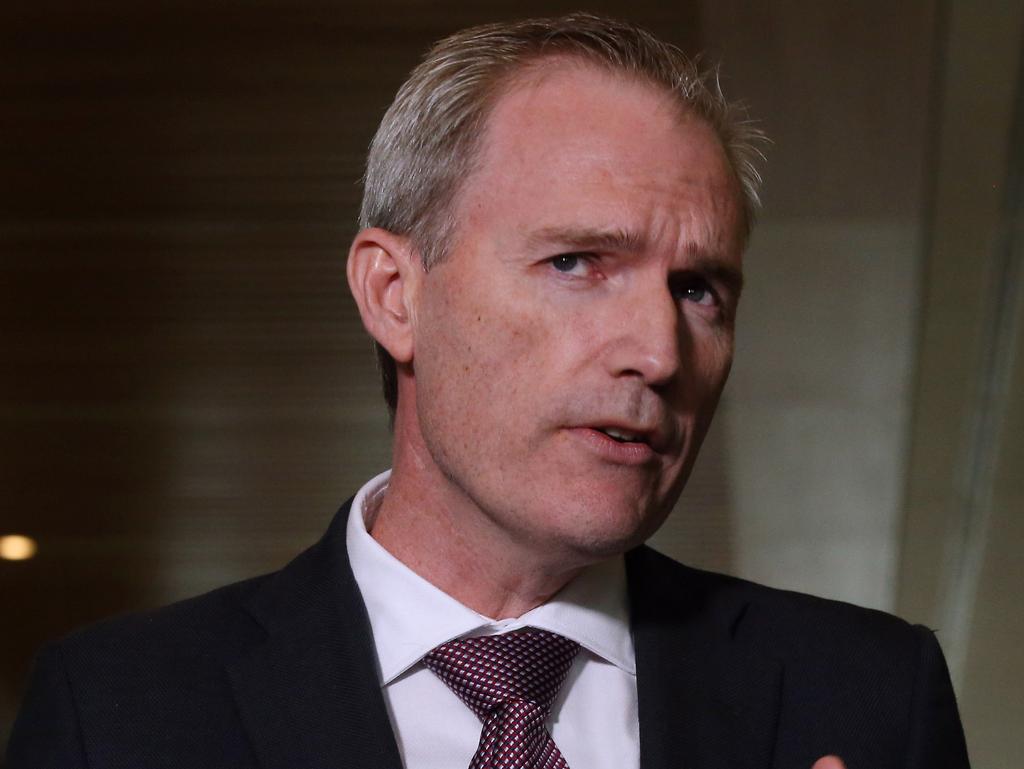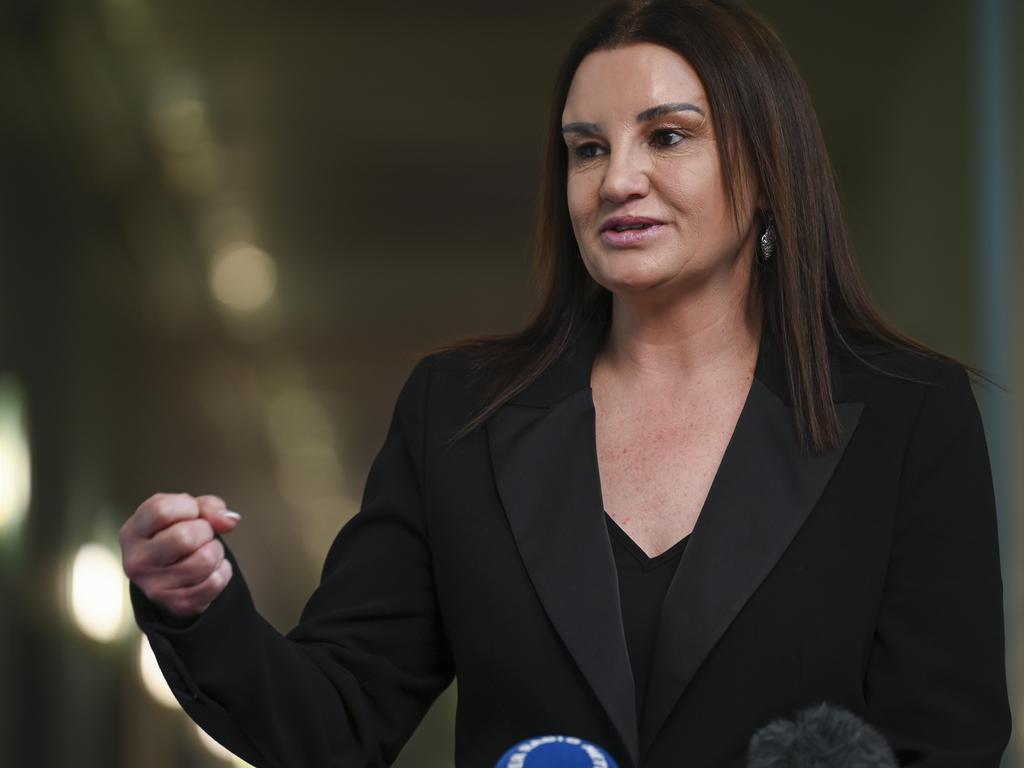Combating online disinformation is no threat to free speech

Debating strongly held yet widely divergent views is a vital ingredient of the health of our democracy; indeed, our democracy cannot survive without free speech. But opposing this bill on the basis of free speech is like asking your soldiers on the frontline to lay down their arms because of an overarching belief in peace. Ultimately you will lose what you are trying to protect. Let me explain.
Democracy is under threat in many parts of the world. Many people I have spoken to in the US, for example, consider disinformation on digital platforms is undermining basic institutions and so threatening their democracy.
In response to the Senate select committee on foreign interference through social media, agencies in Australia have sounded the alarm. The Department of Home Affairs said: “Foreign actors … spread (misinformation) and disinformation through social media in order to advance their own interests at the expense of Australia.”

Likewise, ASIO said to the same committee “foreign powers seek to do Australia harm through … social media platforms … Many of the deliberate design features of the platforms … can exacerbate the risk of …. foreign interference.”
One problem in defending the Combating Misinformation and Disinformation Bill – as I am – is the poor understanding of these terms. Misinformation is clearly untrue information. Disinformation is clearly untrue information intended to mislead. Both do not involve opinion.
In many debates people label as “disinformation” views with which they disagree. If someone says, for example, a new law or policy will have a particular consequence, even if others strongly believe it will not, this is usually an example of differing views; it is not misinformation or disinformation.
I acknowledge that sometimes difficult judgments may be involved, but having this bill will help Australians understand better what is disinformation and what is simply divergent views.
And let’s understand the current bill. It is directed solely at encouraging digital platform providers to have robust and transparent systems and measures in place to address what the platforms consider misinformation and disinformation on their services; it does not involve the regulator, the Australian Communications and Media Authority, directly regulating individual pieces of content. To be clear, the ACMA will not have the power to request specific content or posts be removed from digital platform services. The bill puts the onus on the platforms.
The bill proposes giving the ACMA powers to gather information or require digital platform providers to keep certain records about matters regarding misinformation and disinformation.
They also would enable the ACMA to request platforms to develop a code of practice covering measures to combat misinformation and disinformation, which the ACMA could register and enforce.
Any ACMA powers go to the adequacy of systems, not content.
The systems to be put in place by the platforms in relation to misinformation or disinformation apply only when information is untrue, so matters of opinion are irrelevant, and they must meet a threshold of being likely to cause or contribute to serious harm.

Further, these are judgments to be made by the platforms, not the ACMA; the platforms must assess whether statements meet the high bars of being untrue and causing “serious harm”.
Rather than our society ignoring these issues I would rather we have some transparency. Whatever the ACMA requires will involve public scrutiny. By simply requiring processes and transparency this bill takes a low-key approach.
The point of this article is to centre the debate on the question of principle; do we have some or no intervention to prevent disinformation and misinformation. The bill has been out for consultation and the detail of it may well change as a result of this.
Doing nothing is to give a free hit to those who would use social media to damage and fracture our society.
If we allow this I suspect that when our democracy is damaged – as I believe it will be – so will be the free speech opponents of this bill are seeking to protect.
Rod Sims is professor of public policy at the Australian National University’s Crawford School. He served as Australian Competition & Consumer Commission chairman from 2011 to 2022.







The federal government’s Combating Misinformation and Disinformation Bill, currently out for consultation, is facing opposition on the grounds that it is a threat to free speech.